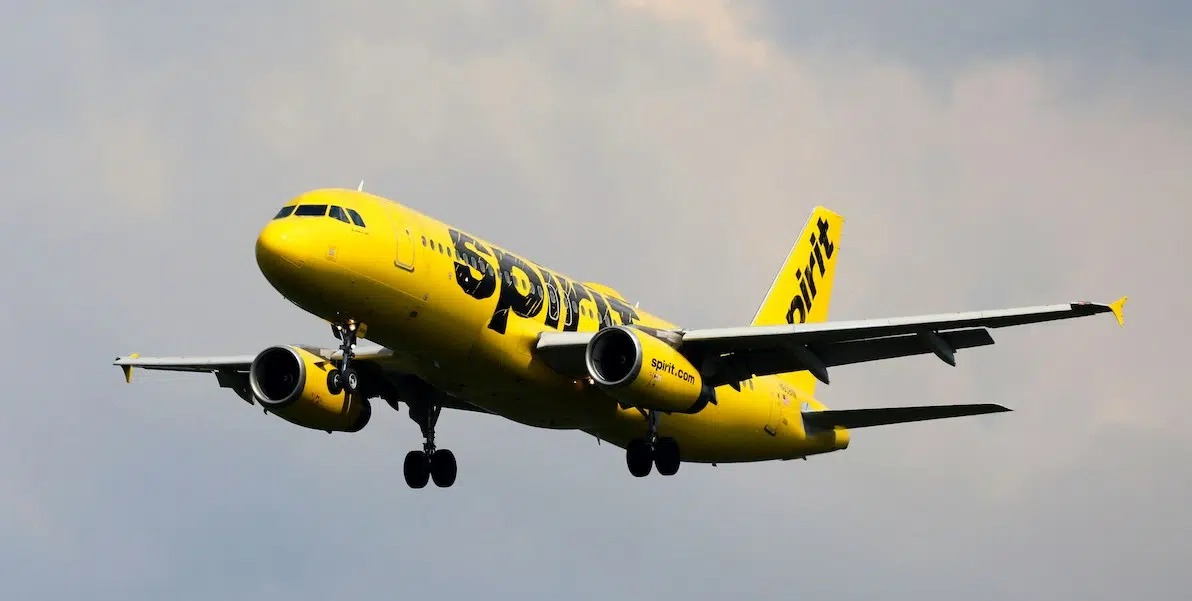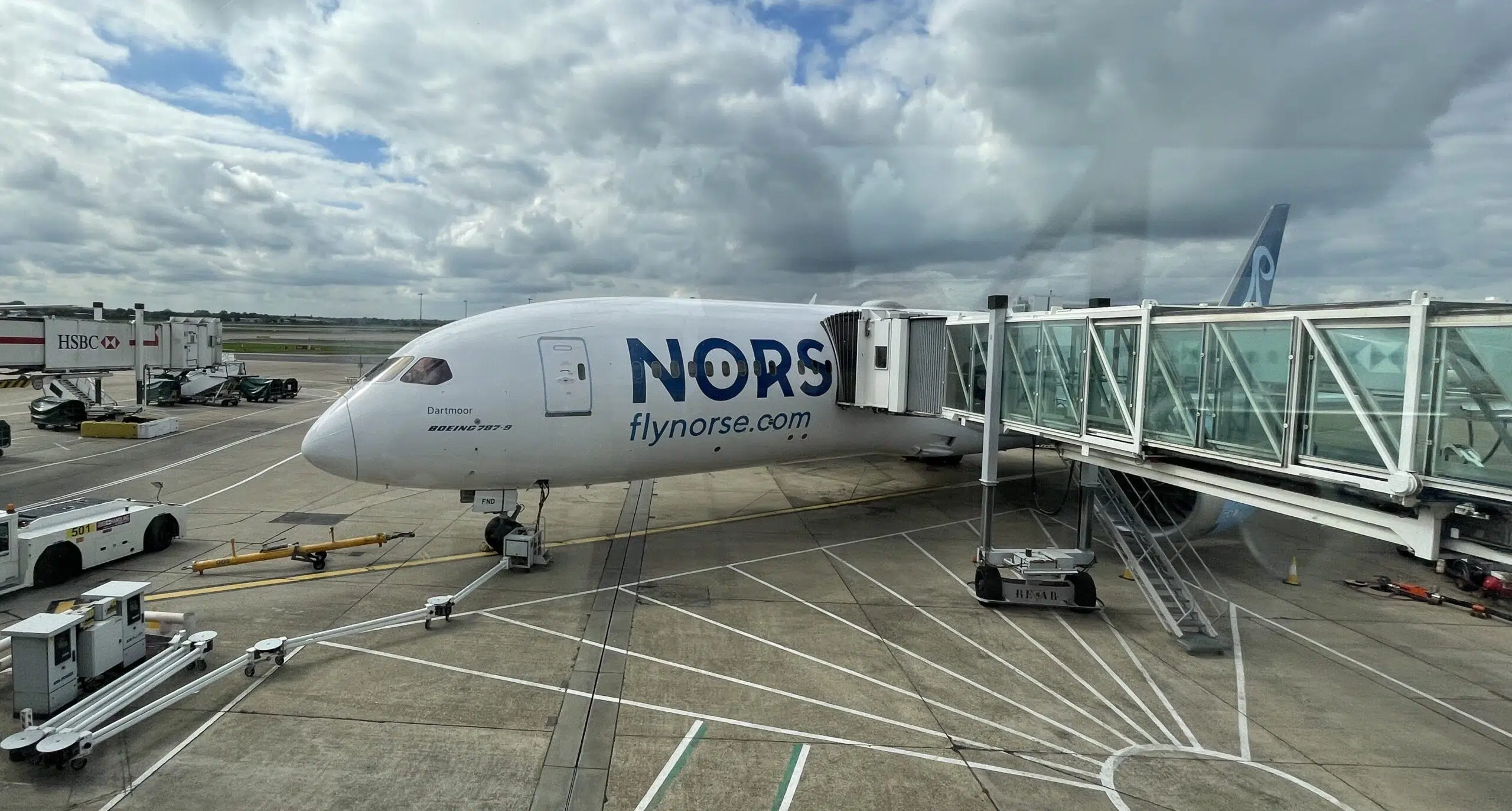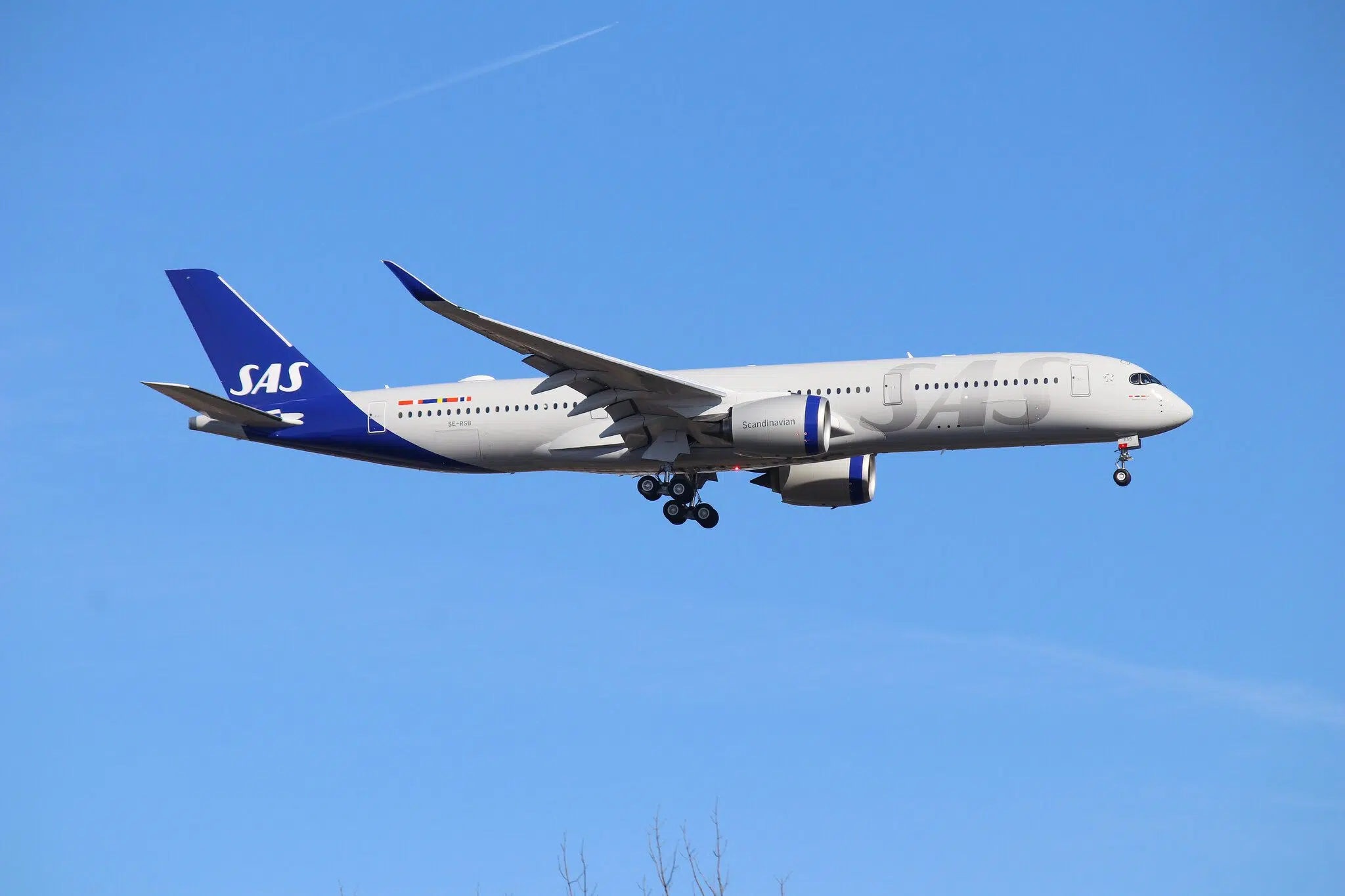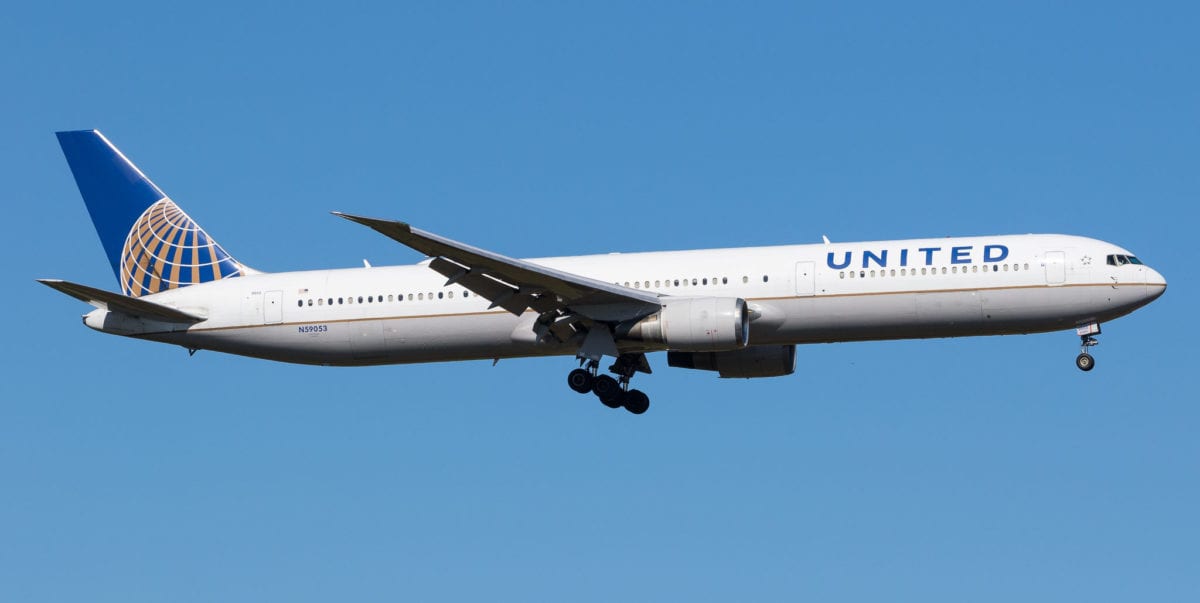Spirit Airlines officially filed for bankruptcy protection Monday, days after revived merger talks with fellow discount carrier Frontier broke off. The filing follows two failed mergers and years of losses with no end in sight.
Spirit and other ultra-low-cost carriers have struggled to regain their footing emerging from the pandemic as travelers increasingly flock to self-described “premium airlines” like Delta and United. Spirit's proposed merger with JetBlue fell apart earlier this year after it was blocked by a federal judge, leaving industry experts and analysts wondering whether the airline could survive. After last-ditch effort
The ultra-low-cost carrier has lost more than $2.5 billion since the start of 2020 and faces looming debt payments totaling more than $1 billion over the next year, according to the Associated Press.
In a press release, Spirit said it has entered a restructuring agreement that will see the airline emerge early next year with reduced debt and increased financial flexibility that will better “position [the airline] for long-term success and accelerate investments providing guests with enhanced experiences and greater value”
So what does this mean for travelers right now?
Spirit expects to continue operating as normal as it works its way through the prearranged Chapter 11 process and assured customers they'll be able to book and fly Spirit without interruption. The airline said all tickets, credits, and loyalty points are still valid, and customers can continue to use all credit card perks and loyalty program benefits.
The airline had made a number of changes in recent months in an attempt to win customers back, including ditching change and cancellation fees for even its cheapest fares and selling fare bundles that offer more premium perks like seats with more legroom, free bags, and priority boarding.
This is a developing story. Check back for updates.



